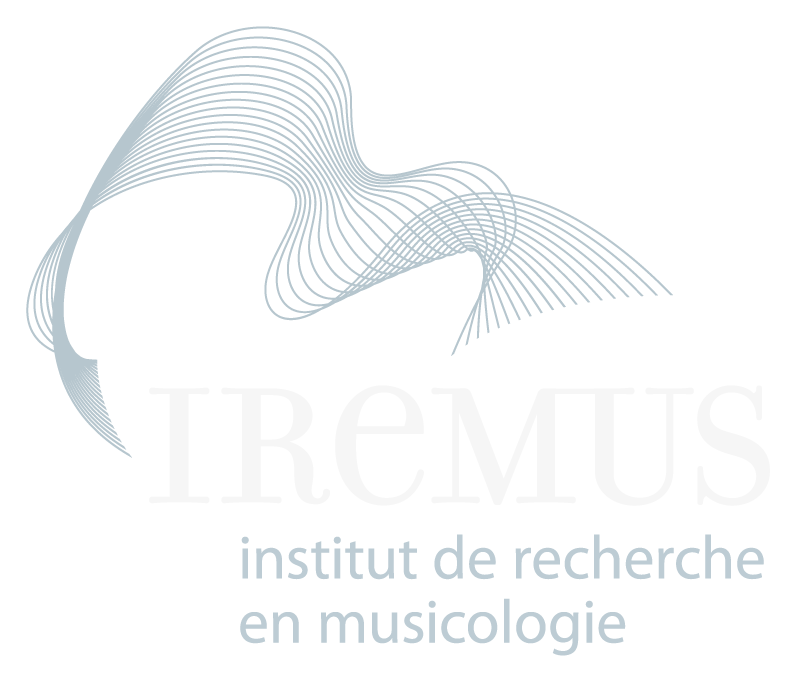Is the Identity Problem a Teaching Problem?
Résumé
The end of the 1970s and the beginning of the 1980s marked the end of the linear path of jazz and its entry into a postmodern paradigm linked to a search for new identities. Indeed, the almost fifty-year period extending to us has been characterized by the absence of the close succession of stylistic evolutions that jazz had known in every decade after its creation. Two major events have, nevertheless, occurred: a massification of jazz teaching, mainly centered on the study of the bebop language, and the development of the Internet, which has changed the modes of musical exchange. Young musicians, born shortly before or after the change of millennium, have grown up with these two realities: on the one hand, an institutionalized and historicized practice of jazz, and on the other, globalized modes of listening. Inscribing themselves in the postmodern paradigm of their time, the students then implement processes of fusion between musical genres whose limits they question. It is, therefore, particularly interesting to analyse their musical approach and their artistic positioning in an attempt to understand the issues at stake in the emerging jazz movement.
Fichier principal
 Is the Identity Problem a Teaching Problem-Ubuntu-version publiée.pdf (3.55 Mo)
Télécharger le fichier
Is the Identity Problem a Teaching Problem-Ubuntu-version publiée.pdf (3.55 Mo)
Télécharger le fichier
| Origine | Accord explicite pour ce dépôt |
|---|




